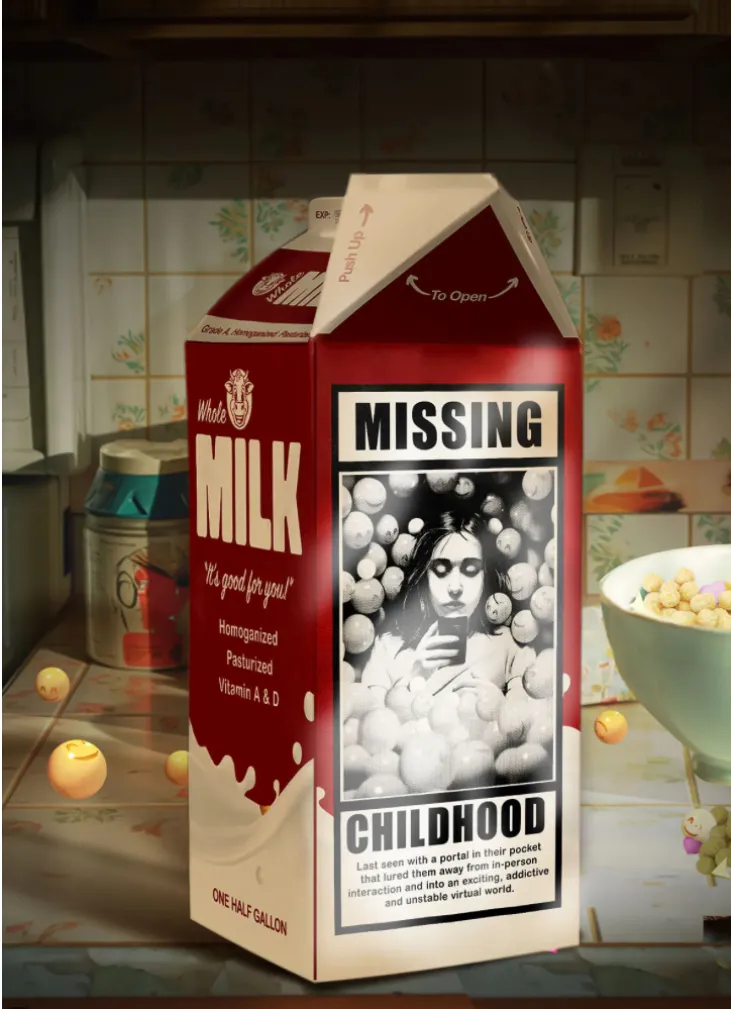There is a rising problem in our schools and society regarding social anxiety and mental well being.
Social anxiety is also a fast growing problem with 36% of the global population said to be suffering since the lockdowns of the past few years, with suffers more likely becoming early school leavers, victims of bullying with fewer friends. A survey conducted by ‘Place to Be’ found that 86% of schools staff noted an increase in low self-esteem in students, impacting on pupils ability to engage in learning, demonstrate progress and staff workload and well being.
Adults having more days absent from work and relationship difficulties. The cause is unknown but it has been accredited to greater social media usage , increased digital connectivity and more options for non-face to face communication.
There has never been a more important time to tackle this issue than right now!
The National Curriculum and the standard Performing Arts approach of singing, dancing and acting, does not necessarily equip our children with the specific skill set to directly address the growing problem of low confidence and underdeveloped communication skills. Black Box Drama Co. focuses on arming children with the tools they need to overcome these issues and develop into confident and resilient young people. We are specialists in helping each individual child to find and develop their own voice, whether this be in a Primary classroom environment or for young people about to embark on their next step into further education or the world of work.
“Academia gets you the interview, Drama gets you the job”
‘The Anxious Generation’- addressing the global pandemic head on

“In 2014 something changed. There was a mental health shift. A great rewiring of the adolescent mind” Jonathan Haidt.
As an English and Drama teacher with many years’ experience, I have noticed a change in the classroom, a worrying shift away from engagement and enthusiasm to an almost addictive desire for technology and isolation. Students are increasingly reluctant writers, shy away from tasks involving any form of collaboration or compromise and most worryingly (for me anyway) are, for the majority, unable or unwilling to engage imaginatively or creatively in any task. Work is stilted, performative, by the book.
Jonathan Haidt, a renowned social psychologist, recently addressed this in his book ‘The Anxious Generation’ where he hypothesises on the possible cause of this- when it happened, why it happened, and how we can put things right.
He associates this deterioration in our youth with the increased accessibility of technology. Currently 25% of 5-7 year olds in the UK owns their own smart phone! Prior to 2015 if children had access to technology it was basic, rudimentary and costly, but then came the smart phone, high speed internet, free texting. He attests this growing dependency on technology to giving your children alcohol. It stunts their growth, disrupts the neurons and pathways of their developing mind. As a result our children are becoming less imaginative, finding it difficult to stay on task (as they are dependant on constant stimulation) and diagnosis of neurodiversity such as ASD and ADHD have increased immeasurably. Surely this is no coincidence?
Our children are losing touch with the world around them, the ‘back and forth’ of every day life that enables them to be creative, expressive, porous to all that surrounds them- hiding behind their screens and immersed in a world that doesn’t really exist.
They are losing the necessary skills to navigate the world socially. They socialise less and becoming risk averse meaning they unable to navigate the challenges that inevitably come up, make mistakes, learn from them and prevent future disasters. Instead they are frustrated, blindsided and as a result are combative and defensive as they haven’t developed the skills to negotiate challenge. Their social lives exists for the most part online. Even if they have real life friendships, most of their communication occurs through messaging apps or social media. In this imagined world meaning can be misconstrued, paranoia and anxiety are exacerbated and the skills that separate us from most life forms in evaluating the non-verbal communication of others through eye contact and body language are completely lost. So, they become ‘performative’ (and not in a good way). They focus on the ‘ideal’ that is presented to them online and it completely informs their opinion on what being popular, talented, intelligent and beautiful should look like.
The impact of this is far more damaging than we may care to face.
We cannot deny technology in our world, but we can certainly delay it.
In short, we’ve created a generation that are anxious fragile and expect others to fix their mistakes.
But we can change things.
Black Box Drama Co. has a very strong ethos centred around simplifying what has become an over complicated existence and encouraging positive change.
Our work will help participants to become;
SMARTER– by improving their attention span with challenging topics and a physical approach to our work. We don’t overuse technology. We work on the basis that it has it’s uses but where we can do without, we will. Like an abacus in a maths lesson.
STRONGER– Mentally and physically. Our classes are physical and active whilst also making time for reflection and calm. We encourage risk taking and working out of a self imposed comfort zone- allowing the student to feel more vulnerable, build resilience and cope much better in all environments. We set collective challenges and resolve them as a pack.
MORE INDEPENDENT– We encourage participants to navigate self imposed boundaries without direct intervention from us, but with our support. We discourage reliance on others for thoughts and creative ideas, but suggest this is used to inspire and develop their own work.
